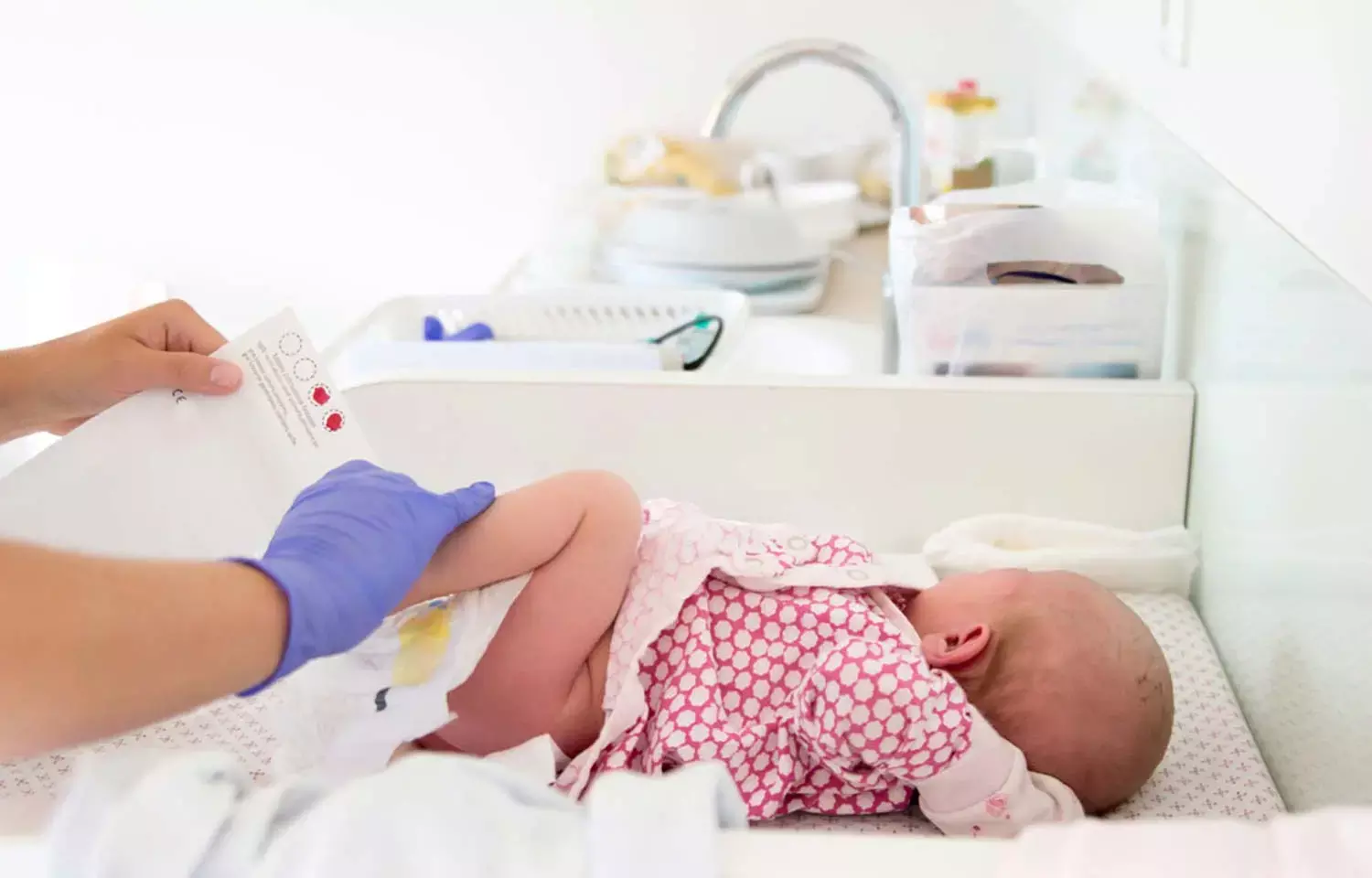- Home
- Medical news & Guidelines
- Anesthesiology
- Cardiology and CTVS
- Critical Care
- Dentistry
- Dermatology
- Diabetes and Endocrinology
- ENT
- Gastroenterology
- Medicine
- Nephrology
- Neurology
- Obstretics-Gynaecology
- Oncology
- Ophthalmology
- Orthopaedics
- Pediatrics-Neonatology
- Psychiatry
- Pulmonology
- Radiology
- Surgery
- Urology
- Laboratory Medicine
- Diet
- Nursing
- Paramedical
- Physiotherapy
- Health news
- Fact Check
- Bone Health Fact Check
- Brain Health Fact Check
- Cancer Related Fact Check
- Child Care Fact Check
- Dental and oral health fact check
- Diabetes and metabolic health fact check
- Diet and Nutrition Fact Check
- Eye and ENT Care Fact Check
- Fitness fact check
- Gut health fact check
- Heart health fact check
- Kidney health fact check
- Medical education fact check
- Men's health fact check
- Respiratory fact check
- Skin and hair care fact check
- Vaccine and Immunization fact check
- Women's health fact check
- AYUSH
- State News
- Andaman and Nicobar Islands
- Andhra Pradesh
- Arunachal Pradesh
- Assam
- Bihar
- Chandigarh
- Chattisgarh
- Dadra and Nagar Haveli
- Daman and Diu
- Delhi
- Goa
- Gujarat
- Haryana
- Himachal Pradesh
- Jammu & Kashmir
- Jharkhand
- Karnataka
- Kerala
- Ladakh
- Lakshadweep
- Madhya Pradesh
- Maharashtra
- Manipur
- Meghalaya
- Mizoram
- Nagaland
- Odisha
- Puducherry
- Punjab
- Rajasthan
- Sikkim
- Tamil Nadu
- Telangana
- Tripura
- Uttar Pradesh
- Uttrakhand
- West Bengal
- Medical Education
- Industry
Lower levels of vitamin D within 24 hours of birth associated with RDS development among kids

Growing evidence suggests an association between the vitamin D levels and respiratory outcomes of preterm infants.
According to a recent study entitled, “Association between vitamin D level and respiratory distress syndrome: A systematic review and meta-analysis.” Published in PLoS One by Dr Kim YJ, researchers have concluded that lower levels of vitamin D within 24 h of birth were always associated with RDS development. Therefore risk of Respiratory Distress syndrome (RDS) may be prevented by maintaining vitamin D levels in neonates within 24 hours of birth.
Researchers conducted a systematic review and meta-analysis to explore whether premature neonates with a vitamin D deficiency have an increased risk of respiratory distress syndrome (RDS).
Explaining the study background, the lead researcher mentioned that there is growing evidence regarding association between the vitamin D levels and respiratory outcomes of preterm infants. The main purpose of our study was to explore whether there is an increased risk of RDS among premature neonates who have vitamin D deficiency.
The team researched PubMed, EMBASE, and the Cochrane Library up through July 20, 2021, using words like 'premature infant', 'vitamin D', and 'respiratory distress syndrome'.
They found 121 studies to be potentially relevant. Out of these, inclusion criteria were met by 15 studies, including 12 cohort studies and 3 case-control studies. The studies had 2,051 preterm infants.
They said, “We found significant associations between RDS development and vitamin D deficiency within 24 h of birth. This was based on various criteria. The OR for vitamin D levels < 30 ng/mL, <20 ng/mL,< 15 ng/mL and <10 ng/ml was 3.478; 4.549; 17.267; and 1.732 respectively.SMD for lower levels of vitamin D was -0.656.
Concluding further, they said, “Though deficiency of vitamin D definitions varied and different methods were used to measure vitamin D levels, there was always an association between vitamin D deficiency within 24 h of birth with RDS development. “
The study highlighted an important consideration that monitoring neonatal vitamin D levels and maintaining adequate levels reduce RDS risk.
Further reading:
https://www.unboundmedicine.com/medline/citation/36701289/full_citation
BDS, MDS in Periodontics and Implantology
Dr. Aditi Yadav is a BDS, MDS in Periodontics and Implantology. She has a clinical experience of 5 years as a laser dental surgeon. She also has a Diploma in clinical research and pharmacovigilance and is a Certified data scientist. She is currently working as a content developer in e-health services. Dr. Yadav has a keen interest in Medical Journalism and is actively involved in Medical Research writing.
Dr Kamal Kant Kohli-MBBS, DTCD- a chest specialist with more than 30 years of practice and a flair for writing clinical articles, Dr Kamal Kant Kohli joined Medical Dialogues as a Chief Editor of Medical News. Besides writing articles, as an editor, he proofreads and verifies all the medical content published on Medical Dialogues including those coming from journals, studies,medical conferences,guidelines etc. Email: drkohli@medicaldialogues.in. Contact no. 011-43720751


